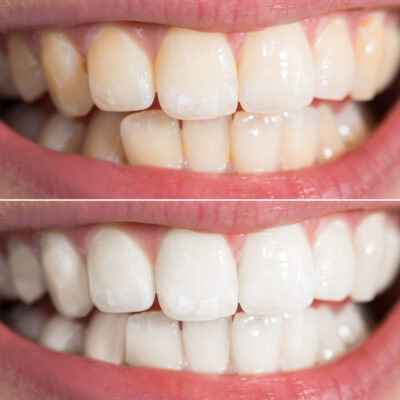
Pros and Cons of the Whole30 Diet
Introduced by Dallas Hartwig and Melissa Hartwig, the Whole30 diet plan is now among the most trending diet plans. It helps recalibrate your taste buds and helps in controlling cravings for unhealthy food. It is a very strict diet, and even a single cheat day or the consumption of one food on the “not allowed” list means you will have to start from scratch.
The Whole30 diet focuses on improving lifestyle habits like sleeping habits, high and energetic routines, psychological health, and weight gain issues. It is a complete package for overall health and discourages focus only on weight loss. This 30-day diet plan restricts your eating habits. After 30 days, the other foods or food groups can be reintroduced into your diet slowly. Also, any changes in health or otherwise can be noted to record any allergic reactions or other effects of the food. Let’s take a look at the pros and cons of the Whole30 diet plan:
1. Pros of the Whole30 diet
Many participants in the Whole30 diet report the following benefits:
- Encourages the intake of natural food
The Whole30 diet appreciates the intake of natural and unprocessed food, which helps improve health as well as achieve weight loss goals. Natural products do not contain any added sugar or preservatives, which make them good for both physical and mental health. - Helps in improving digestion
This diet plan encourages the consumption of fruits and vegetables, and the fiber content helps in improving digestion and regulates blood sugar levels. - Contains anti-inflammatory properties
Many food options under this diet plan, like herbs and spices, have great anti-inflammatory, anti-bacterial, anti-fungal properties and help strengthen the immune system. - Reduces craving for artificial sweeteners
By avoiding artificial sweeteners like maple syrup and coconut sugar, your body gets adapted to less sugary products. Also, fruits have natural fructose and help deal with the cravings for sweets.
2. Cons of Whole30
Like all other diet plans, the Whole30 diet plan also has some concerns:
- Lack of carbohydrates
By avoiding grains and legumes, your body falls short of carbohydrates, which are considered to be one of the most important nutrients for energy. Apart from carbohydrates, other nutrients like folate, vitamin E, iron, and magnesium may also be lost on. - Lack of calcium
Dairy products are well-known for being abundant sources of calcium and healthy fats. Avoiding dairy products like milk, butter, and cheese results in a calcium deficiency, which, in turn, leads to weak bones and teeth. The only dairy product allowed under the Whole30 diet list is ghee or clarified butter.
The Whole30 diet plan is undoubtedly an excellent choice to recalibrate your taste buds and repair an unhealthy lifestyle, but this diet can be followed only for a certain period and should not be carried on for long. If you choose to continue following the Whole30 diet plan for a longer time, it will negatively affect your health, leading to many deficiencies in your body. It is recommended that you consult a dietician before you start with any diet plan as they can suggest the best options suitable for your body.


